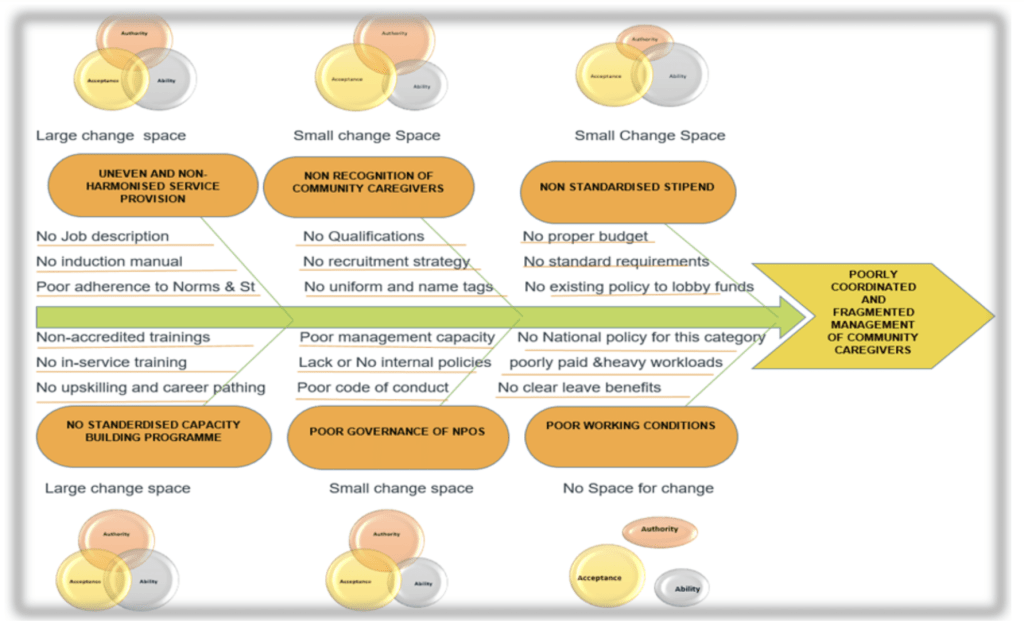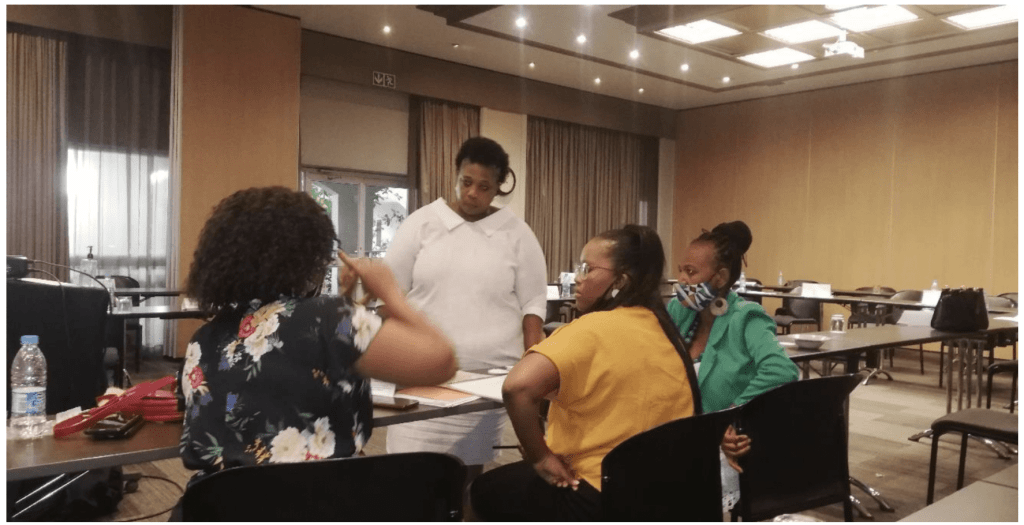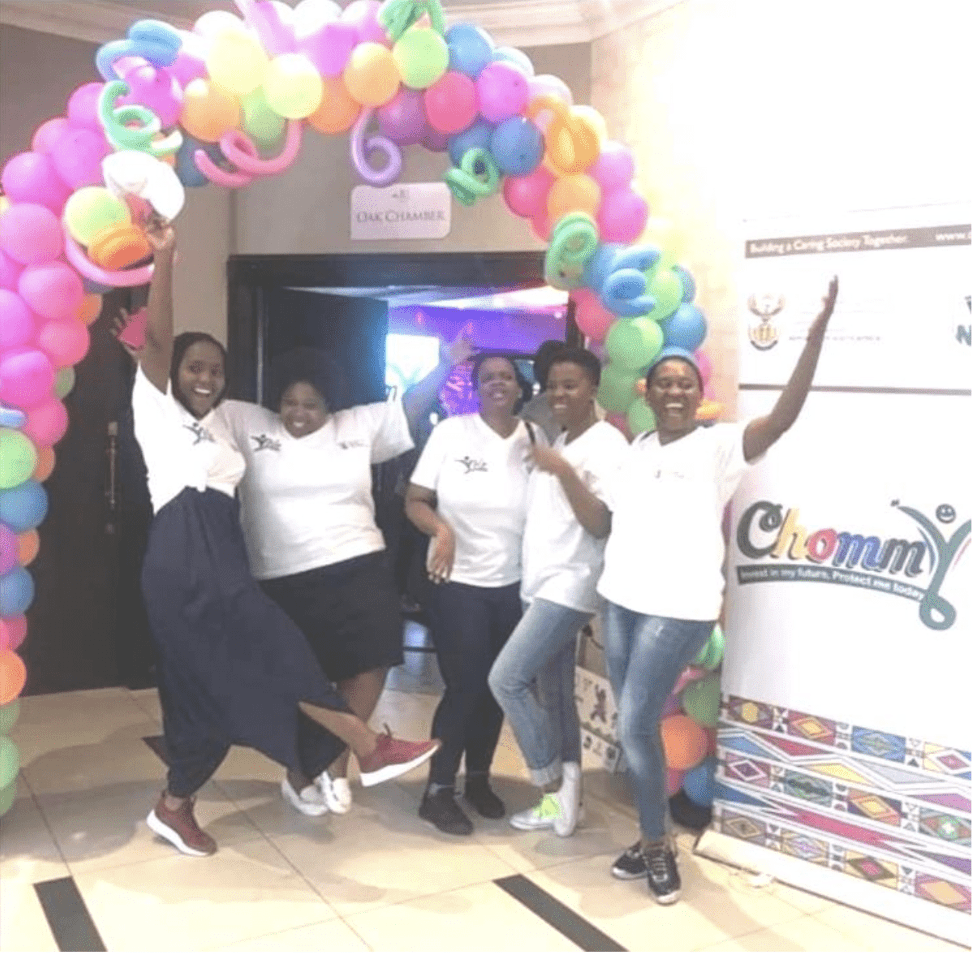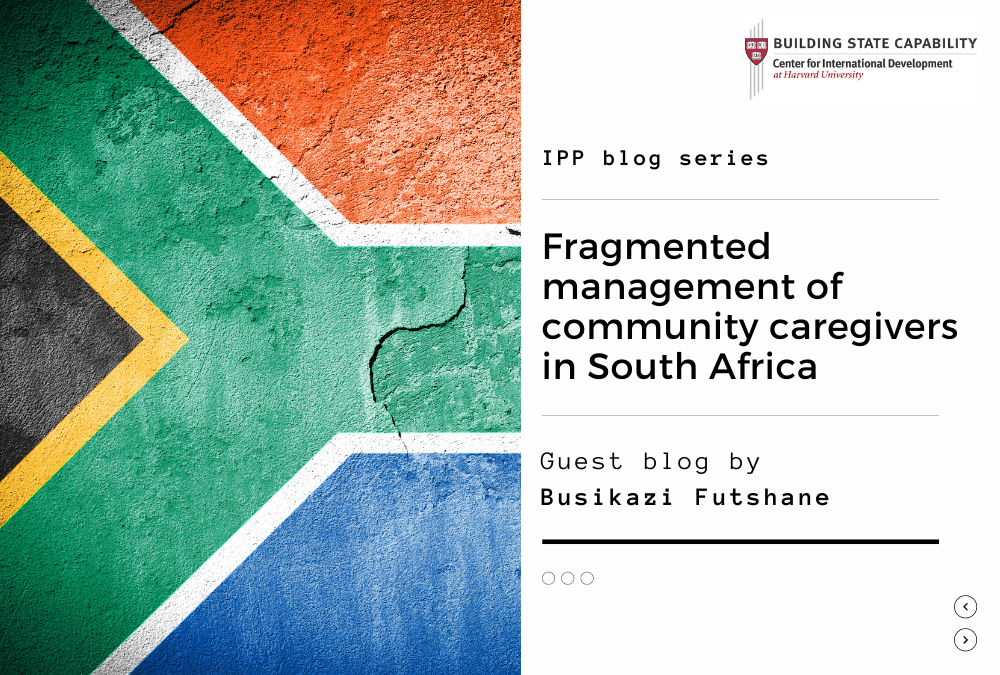Guest blog by Busikazi Futshane
My expectations of IPP
I enrolled in Implementing Public Policy programme because I since learned that I am dealing with a complex policy challenge. My interest was to understand how to deal with uncertainty and unknown factors in policy implementation. I wanted new insights, tools to ease bottle necks, and ways to strengthen the plan and control approach in the implementation. The crucial role of engaging authorisers and involving interest groups came up strongly in the programme and this was of great assistance. The entire IPP programme went beyond my expectations and further strengthened my leadership skills.
My key takeaways
- The ‘legitimacy and functionality’ are the important aspects in addressing the policy challenge, and one needs to work on these to succeed and make impact.
- It is important to identify entry points with high change spaces (high Authority, Acceptance and Ability) when you work on a project, start with the cheaper ones and acknowledge progress as you go.
- I have realised the power of delegation in encouraging accountability from team members. It builds trust towards a reliable and supportive team; and it helps to achieve results. Regular feedback and reflection sessions are important in the delegation process.
- A teaming process is necessary, it forces one to acknowledge and use different expertise that are within the team. It encourages more networks and broadened connections that do not only add value but bring new insight to the project at hand.
My policy implementation challenge
I have been working on this policy challenge ‘Poorly coordinated and fragmented management of Community Caregivers in South Africa due to lack of policy directives to manage this increasing cadre’. This affects the standardization in service delivery and skills requirements, opportunities for upskilling, career advancement and remuneration. The development of the Policy Framework for management of community caregivers will assist to provide parameters for improved and standardised management of Community Caregivers as valued contributors to the broader delivery of comprehensive social development services. The draft policy that I am working on aims to strengthen, improve and manage the working conditions of community caregivers; initiate and standardise, capacity building initiatives for Community Care Givers; and standardise their scope of work and remuneration
Progress made
My two highlights whilst in this course are the following:
I was able to present the draft policy document on my policy challenge to the authorisers on two different platforms. The policy was welcomed and there are now discussions going on at the level of authorisers towards endorsement and approval. This for me was a huge progress.
I have learned in the process about identifying quick wins that are less costly in the implementation, and I have made progress. The action learning process that was introduced in the programme encouraged me to commit to some of the activities that I was postponing; this contributed to the progress made.
The fishbone diagram has been of great assistance for me in understanding the challenge that I am dealing with. Reflected below in the diagram, I was able to identify entry points with high spaces of change, and with this I was able draft a project plan, I could see where I was going and areas where I still need to build authority, acceptance and ability. This tool helped me to think and plan better towards desired outcomes.

I have conducted capacity building workshops in the provinces of South Africa to address some of the implementation challenges. Below is the picture in one of the workshops that I have facilitated, it captures some of the group discussions.

The programme also taught me that it is important to build a supportive team. There was a launch of the ChommY programme, a programme that is targeting youth, that has to be implemented by the beneficiaries of my policy. The picture below shows happy moments with the team.

My motivation and the way to tackle problems in the future.
The greatest motivation has been the passion of positively impacting the lives of the people. The level of support from both the authorisers and the people I work with has been amazing.
Through interacting with the peers, I have learned that when one is dealing with a complex policy challenge, hiccups and challenges will forever be there; one needs to be patient, move along with the stakeholders and engage the authorisers throughout the process. This understanding has eliminated some of the panic and anxiety, I am a wiser person.
The lecture on teaming gave me great insight in utilising the skills from team members and stakeholders towards achieving a common goal.
In progressing with my policy challenge, an iterative process would be necessary as the policy challenge is entangled in uncertainties. It would be beneficial to take small steps that are relatively cheap and open to adjustment overtime until the desired results are achieved. There are activities in my policy challenge that have been identified that are not costly. I have started with them and will increment gradually to address specific, targeted parts of the policy challenge. The small steps will help to tease out the contextual challenges, including those that emerge in response to the interventions themselves.
Information learned in the course
I am currently using the information that I have learned from this course in so many ways. It has empowered me as an individual in my leadership skills. All has been possible through internalising the 4Ps model of leadership. This has helped me to reflect on myself, and I immediately began a journey of self-discovery and transformation as leader. This model for me has been a self-awareness tool. This has helped me to be a better person in my both private and work life.
Secondly, the course has taught me to have a relationship with the authorisers, to constantly update and with this approach I have been getting instant advice and solutions without following the bureaucratic paper processes.
The PDIA is an excellent approach that I can use in addressing my policy implementation challenges. It brings to surface that the disruptions and challenges in the implementation need to be looked at closely and in context. It has taught me to consider other stakeholders in the implementation of a policy, so that the challenges can be tackled by a collective and come up with solutions together. It is an approach/tool that encourages the reflection process, fosters learning and adaptation that I will use in the future. I have now developed an active log of my ‘learning and leads’ gains in the policy challenge that I am working with and it helps to capture and track progress.
My Group, 17B –Regulation has been part of my learning journey, the peer reviews assisted me a lot in trying different approaches and new insight.
The social interaction sessions have been stimulating, my networks are now broader and this will enhance further personal development in many aspects.
Lastly, the IPP team led by Professor Matt Andrews has been great and encouraging. Keep on being inspirational!!
My words of wisdom
As we work we must be driven by passion, enjoy the journey and celebrate positive outcomes from the little steps. At some point one needs to pause, reflect, team up and make impact. A complete achievement will be a journey worthwhile considering the quick wins acknowledged and celebrated along the way.
This is a blog series written by the alumni of the Implementing Public Policy Executive Education Program at the Harvard Kennedy School. Participants successfully completed this 6-month online learning course in December 2020. These are their learning journey stories.
